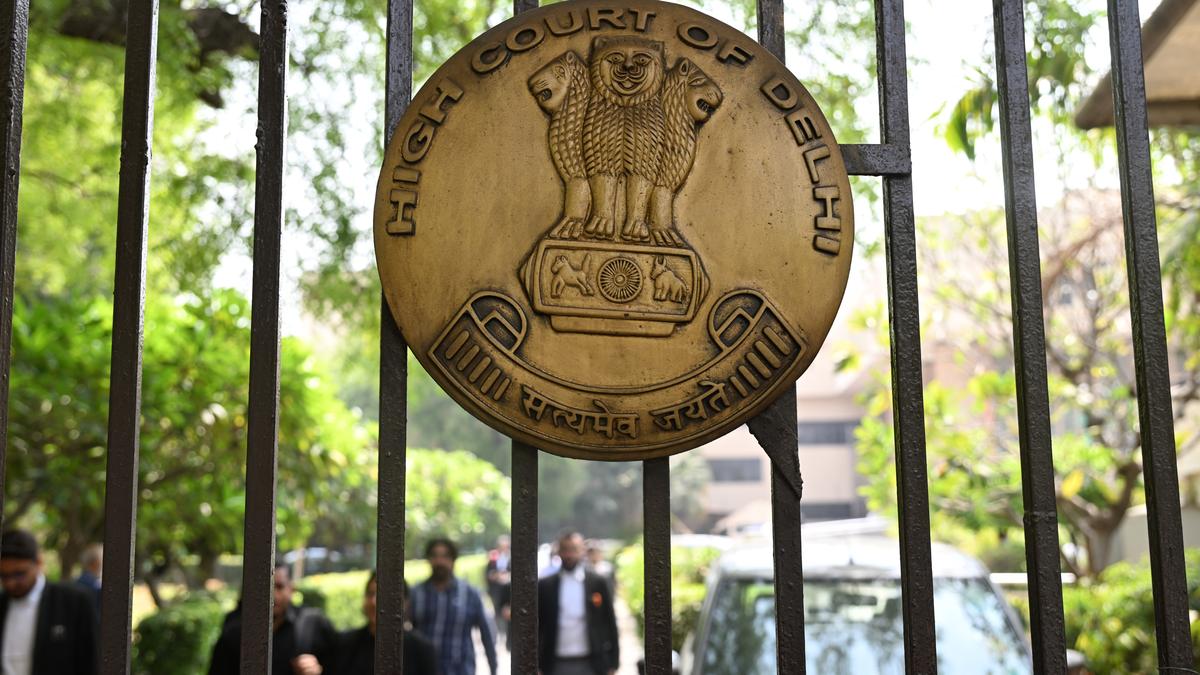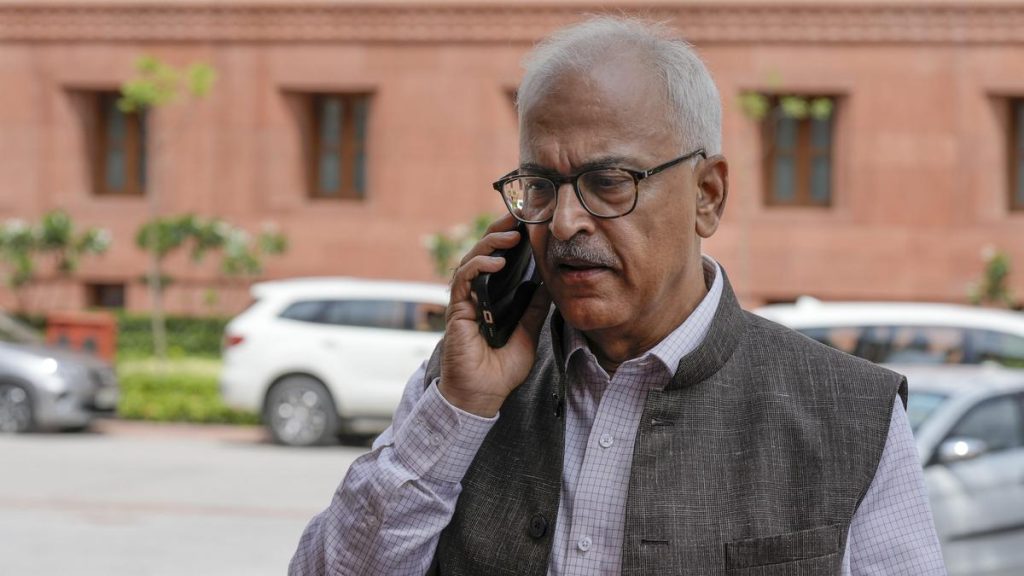Now Reading: Delhi HC Directs Centre to Issue Guidelines for Safe Medical Sample Handling in 3 Months
-
01
Delhi HC Directs Centre to Issue Guidelines for Safe Medical Sample Handling in 3 Months
Delhi HC Directs Centre to Issue Guidelines for Safe Medical Sample Handling in 3 Months

Quick Summary
- The Delhi High Court has directed the union government to notify minimum standards for medical sample collection and transportation within three months.
- This move aims to improve the accuracy of diagnostic tests and patient safety, particularly for samples collected from patients’ homes.
- India currently lacks specific regulations governing sample collection,storage,and transportation,leading to inconsistencies in private labs and home services.
- A petition filed in 2019 by Dr. rohit Jain highlighted concerns about degraded samples causing inaccurate test results and unsafe practices related to handling biological specimens.
- The Health Ministry stated that draft minimum standards are undergoing legal review. These standards are expected to be finalized after public consultation and approval by the National council for Clinical Establishments.
- Subcommittees made of specialists in pathology,biochemistry,haematology,and microbiology have been formed to create these guidelines.
- Advocacy groups have expressed concerns about delays in implementation despite prior assurances from authorities; they note risks posed by untrained agents collecting samples without proper storage or timely processing.
Indian Opinion Analysis
The Delhi High Court’s directive represents a crucial step toward addressing the longstanding regulatory vacuum in medical sample handling across India. Given that laboratory test results influence over 70% of treatment decisions globally-as emphasized by experts-establishing stringent guidelines is indispensable for ensuring reliable diagnostics and safeguarding patient health. Moreover, regulating transport conditions for home-collected samples is particularly critical in regions like Delhi where extreme weather can compromise specimen integrity. While the Health Ministry has shown progress with expert committees drafting standards alongside existing limited COVID-era guidelines issued by ICMR-NIV,delays raise valid concern over enforcement readiness.
Standardized rules could significantly enhance trust among patients while also holding laboratories accountable-preventing diagnostic errors linked to poor practices such as improper refrigeration or delayed transmission times of collected specimens. Though, proactive enforcement might potentially be essential given private sector reliance on non-medical aggregators who operate outside strict oversight frameworks today. These developments should therefore focus both on technical quality control as well as transparency mechanisms across clinical establishments at national levels.
Read more: Source






















